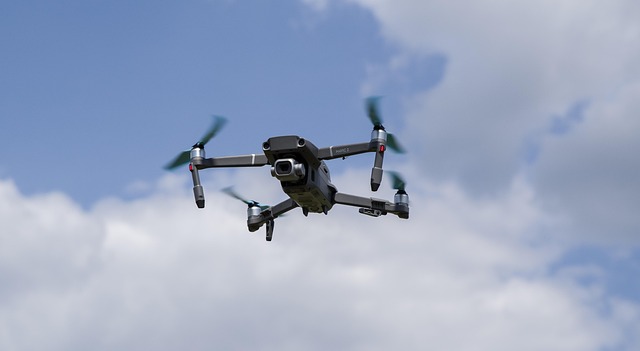Insights into Aerial Photography Careers: What to Consider as a Drone Operator
As interest in aerial photography and unmanned flight continues to grow, many are beginning to explore what it actually takes to become a professional drone operator. From navigating certification paths to understanding the different sectors that rely on UAV technology—like mapping, media production, and infrastructure—this guide outlines the key considerations shaping modern drone careers. Whether pursuing creative ventures or technical fields, learning how drone operators build success offers helpful perspective on a rapidly evolving field.

Understanding FAA Drone Certification Requirements
Before launching your drone photography career, obtaining proper certification is crucial. The Federal Aviation Administration (FAA) requires commercial drone operators to hold a Part 107 Remote Pilot Certificate. This certification involves passing a knowledge test covering airspace regulations, weather patterns, drone operations, and safety protocols. The certification process typically takes 2-3 weeks of preparation and requires renewal every 24 months through a recurrent knowledge test.
Commercial Drone License: Steps to Getting Started
Securing your commercial drone license involves several key steps. First, you must be at least 16 years old and able to read, write, and understand English. The application process includes registering with the Integrated Airman Certification and Rating Application system, passing the aeronautical knowledge test, and completing a TSA security background check. Once certified, operators must maintain detailed flight logs and follow strict operational guidelines.
Exploring Aerial Photography Jobs and Opportunities
The aerial photography sector offers diverse career opportunities across multiple industries. Common applications include real estate photography, wedding videography, industrial inspections, agricultural mapping, and construction site monitoring. Many drone operators start as independent contractors, building their portfolios through local projects before expanding to larger commercial clients or specialized industry sectors.
Drone Pilot Salary and Income Potential
Income potential for drone operators varies significantly based on experience, location, and specialization. Entry-level operators typically earn between $35,000 to $50,000 annually, while experienced pilots working in specialized industries can command $75,000 to $150,000 or more per year. Factors affecting earning potential include:
| Specialization | Average Annual Salary Range | Experience Level Required |
|---|---|---|
| Real Estate Photography | $45,000 - $70,000 | Entry to Intermediate |
| Industrial Inspection | $60,000 - $100,000 | Intermediate to Advanced |
| Cinematography | $70,000 - $150,000 | Advanced |
| Precision Agriculture | $55,000 - $90,000 | Intermediate |
Prices, rates, or cost estimates mentioned in this article are based on the latest available information but may change over time. Independent research is advised before making financial decisions.
Essential Equipment and Training Investments
Starting a drone photography career requires significant initial investment. A professional-grade drone with high-quality camera capabilities typically costs between $1,500 and $3,000. Additional expenses include:
| Investment Category | Estimated Cost Range | Essential Features |
|---|---|---|
| Professional Drone | $1,500 - $3,000 | 4K camera, GPS stabilization |
| Insurance Coverage | $500 - $1,500/year | Liability and equipment |
| Training Programs | $300 - $2,000 | Part 107 prep, specialized skills |
| Software/Equipment | $500 - $1,000 | Editing software, accessories |
Prices, rates, or cost estimates mentioned in this article are based on the latest available information but may change over time. Independent research is advised before making financial decisions.
The path to becoming a successful drone operator requires dedication, proper certification, and ongoing skill development. While initial investments and training requirements may seem substantial, the growing demand for aerial photography services offers promising opportunities for those committed to mastering this technology-driven profession.




